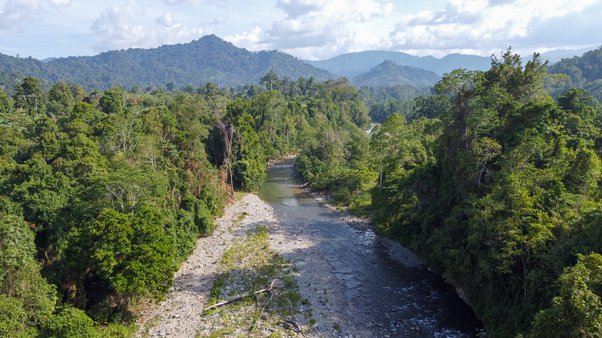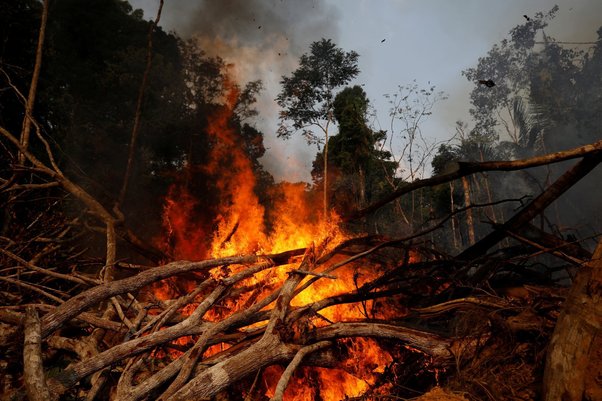New findings from recent research and field investigations.
The tropical rainforests of Borneo are internationally recognized for their cultural and ecological significance, but they are under serious threat from unsustainable logging and agriculture.
This threat is particularly acute in the state of Sarawak, Malaysia, where rampant unsustainable and often illegal logging, increasingly followed by clearance for palm oil and timber plantations, is resulting in one of the highest rates of deforestation in the world.
New data shows that between 2000 and 2012 alone, Sarawak lost 15 percent of its natural forest cover, with deforestation rates increasing in recent years. Now less than 5 percent of Sarawak’s forests remain in an intact state.
Japan is the largest buyer of timber products from Sarawak, accounting for around one third of its exports of all timber products and half of its plywood exports.
The Japanese government and private sector therefore have an obligation to address the rapid deforestation in Sarawak and take urgent action to prevent further harm to Sarawak’s indigenous communities and biodiversity which rely on its forests.


